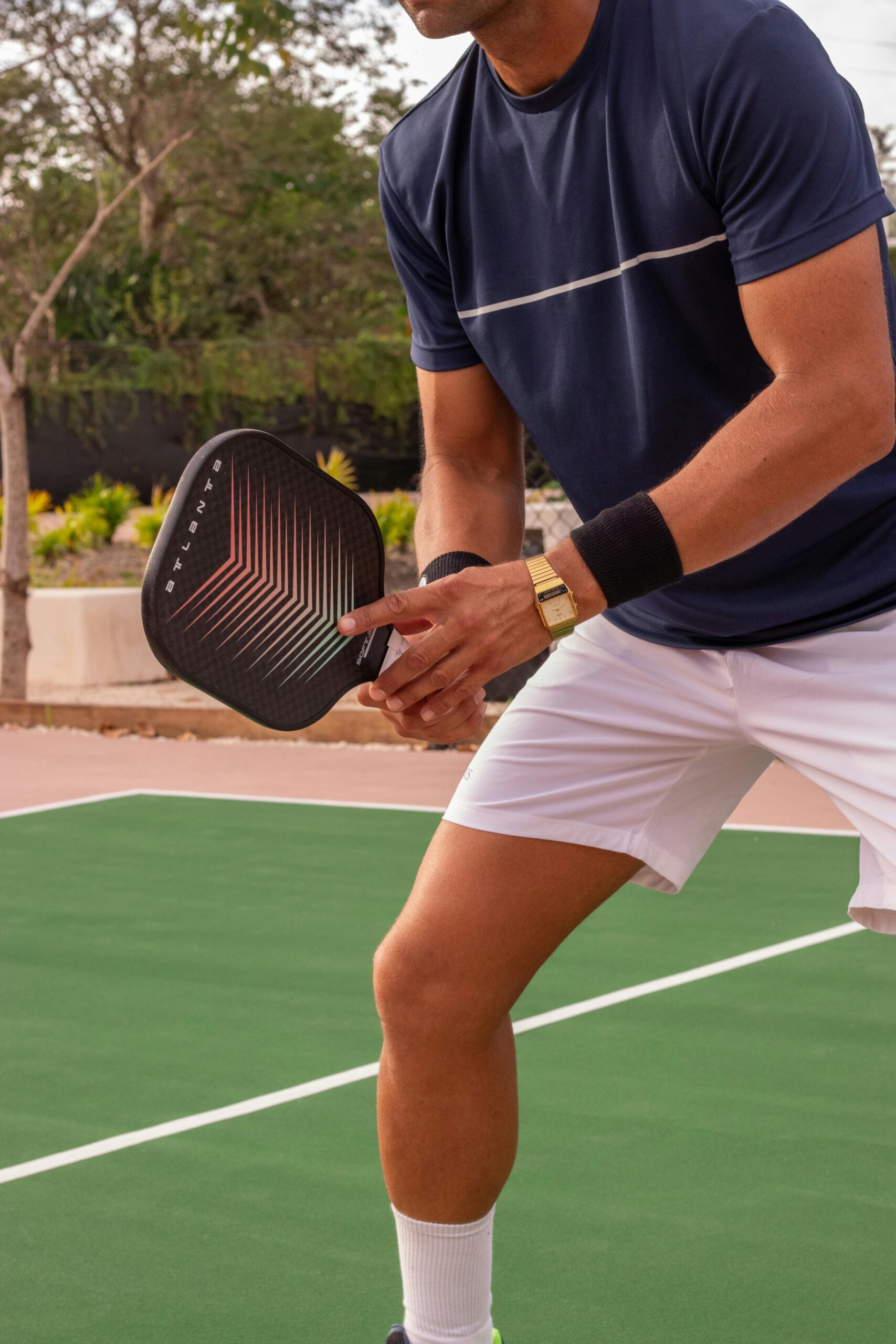Mastering the Mental Game: How Mindset Wins More Matches Than Technique
🔒
Premium Content Locked
This exclusive content requires viewing a short video advertisement to unlock.

This exclusive content requires viewing a short video advertisement to unlock.
To access this premium content, please disable your ad blocker for this website.
💡 Why we show ads: Advertising revenue helps us provide free, high-quality content. By watching a short video, you support our work and get instant access to premium articles.